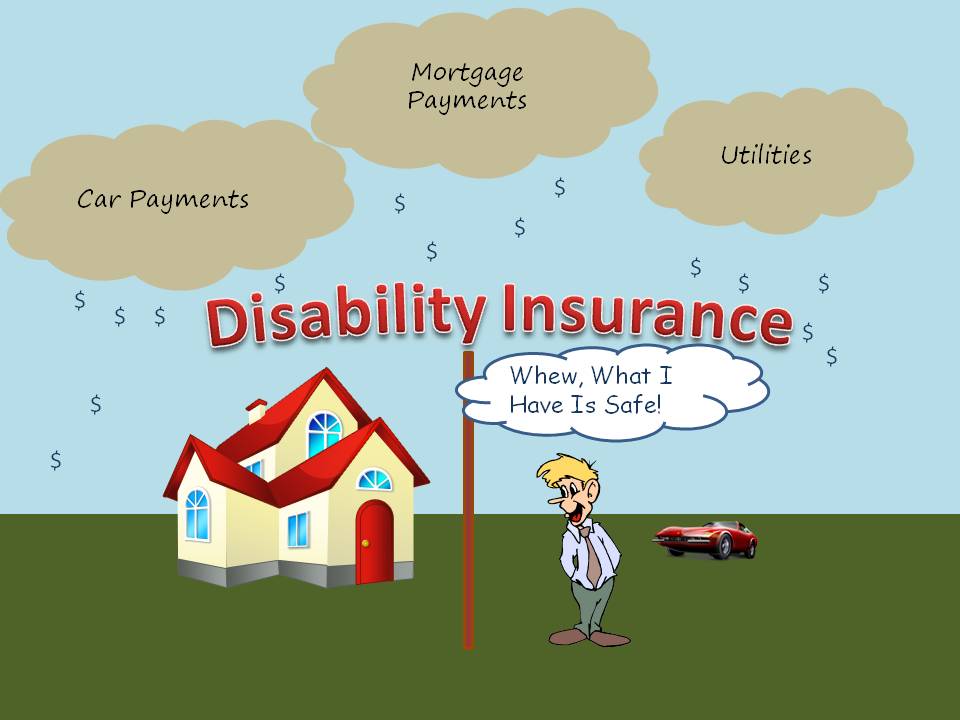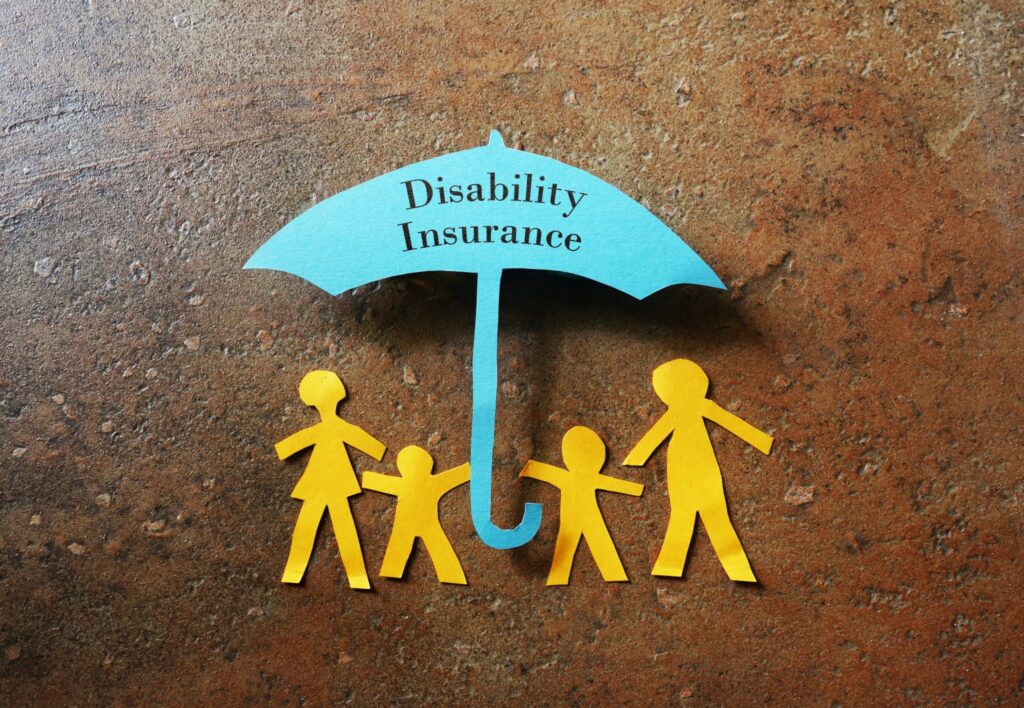Life is full of twists, and though most people plan for the future, most of us do not plan financially for an illness or accident that can temporarily halt work.
Disability insurance is actually one of the most underrated types of insurance, yet it is also one that is very significant. This coverage works like a safety net; if a person falls ill and cannot work, his or her financial stability won’t fall into pieces.
Why Disability Insurance is Essential
Disability insurance protects your income that may be lost through medical ailments or injuries that make you ineffective at work. One-fourth of the working force before the retirement period experience a disabling event.
Without insurance, losing one’s money can lead to a disastrous financial breakdown. Your bills and mortgage bills keep rushing in while your money sinks quickly. Disability insurance keeps securing your long-term goals without any unexpected loss of income.
Disability Insurance Awareness
This is a form of replacement income when one cannot work due to some qualified medical condition. This is not health insurance; it pays for your health care. Disability insurance provides you with regular payments to continue your lifestyle and financial obligations.
Types of Disability Insurance
- Short-Term Disability (STD): Disability that is from as little as 3 months or as long as up to 6 months in duration and is typically covered either through employer-employee plans or private disability insurance policies.
- Long-Term Disability (LTD): Even longer periods of disability, sometimes even up to the age of retirement. The Benefits are payable after an elimination period, usually 3 to 6 months.
Key Terms
Pre-fund period: That is, the period from the date of disability to when the benefits will be payable
Benefit period: That is, the time period for which the benefits are paid
Definition of Disability: Disability means an inability to work in the current job one is performing (“own occupation”) or any job in which he or she might be capable (“any occupation”).
General Causes of Disability
Practically, disability results from long lists of possible causes that occur much more than you may think. A long list of causes of disability includes work-related injuries and other forms of accidents that result either from participating in different sports activities and driving motors; vehicles, road traffic, for example; and repetitive injuries that include carpal tunnel syndrome and chronic back ailments.
- Chronic Conditions: A host of diseases, such as arthritis, heart disease, and diabetes, qualify as lifelong disabilities. While these conditions may arise but obviously markedly limit the ability to work, this is not a disability.
- Mental Health Conditions: Depressive disorders, anxiety disorder, and PTSD are increasingly classified as a cause of disability if seriously impairing daily life.
- Complications in Pregnancy and Childbirth: Complications in pregnancy or delivery or recovery from childbirth can also be a cause of short-term disability due to recuperation.
This diversity of causes shows how unpredictable disability can be and makes the case for preparation.
Economic Consequences of Inability to Generate Income
Disability-related loss of income can quickly destabilize your finances. All these monthly expenses, from rent to utilities to food, add up to a pretty penny. But if there is no money coming in, then it becomes an incredibly difficult thing to do.
And, of course, the worst case would be blowing through all your savings, losing your home, or racking up astronomical sums of debt with no protection whatsoever; disability insurance replaces a portion of your income, which might prevent such financial catastrophes and realize your long-term goals.

What to Look for in Disability Insurance
When choosing a disability insurance policy, look for these features:
- Coverage Terms: Plans typically pay 50-70% of your income. Check how long the benefits last.
- Waiting Period: A shorter waiting period means faster payouts, but premiums may be higher.
- Definition of Disability: Select policies that define disability as the inability to perform your specific job (“own occupation”) for better protection.
Why Group Coverage Through Your Employer May Be Inadequate
A group disability insurance taken through your employer is always inadequate:
- Low Coverage: The group only pays part of your earnings
- Short Benefit Periods: This coverage usually disappears after some years; if your disability persists beyond such years, you are left uncovered.
- Not Portable: the coverage goes with the job.
This will fill gaps in employer plans and offer better overall protection.
Who Needs Disability Insurance?
Disability insurance is essential for anyone who relies on their income, not just those in high-risk jobs. This includes professionals like corporate executives, healthcare workers, and educators, as well as high-income earners and individuals with dependents or financial obligations.
Having disability coverage acts as a safety net, protecting you from the financial impact of an unexpected illness or injury that prevents you from working. It ensures you can cover essential expenses such as mortgage payments and everyday living costs during your recovery.
Choosing the right policy is crucial for maintaining both your immediate and long-term financial stability, providing peace of mind in uncertain times.
Benefits Beyond Income Replacement
Disability insurance provides much more than just income replacement. It provides:
- Peace of Mind: You know you will get well without financial stress.
- Security for Dependents: The lifestyle and plans of your family are secured.
- Protection for Long-Term Goals: Your retirement savings or other long-term financial goals are safe and protected
The Cost of Disability Insurance: Is It Worth It?
Disability insurance premiums are determined by age, health, occupation, and the percentage of coverage. This is a cost, but the price is cheap compared to what a long-term disability will do to your finances. Disability insurance offers priceless protection in trying times.

How to Choose the Best Policy
When choosing a disability insurance policy, use the following guidelines:
- Assess Your Needs: Determine your monthly expenses and income requirements.
- Policy Comparison: Compare policy quantities, waiting times, and lengths of benefits periods. Compare premium prices as well.
- Ask Advisor: Ask an insurance consultant which policy best meets the requirement.
Conclusion: Planning for Uncertainty
Life is full of surprises, which is why disability insurance offers financial security in unexpected situations. Investing in this essential coverage not only protects your income but also safeguards your future and that of your family.
Take action now—waiting can increase your risks.

Sadia Zaheer holds a Masters in Business Administration from IBA, Karachi. After working in several financial institutions in Client Management, Corporate Lending, Islamic Banking and Product Management she jumped careers to pursue a career in writing.
She is a Finance, Business and HR Development writer with four years of experience. She reads a lot and takes care of her multiple cats to remain calm.



